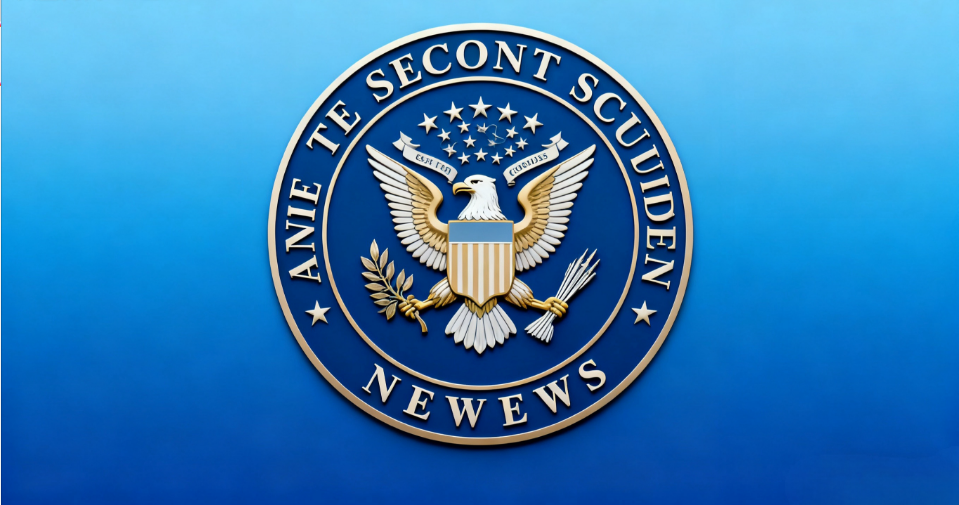
The U.S. Securities and Exchange Commission is shifting from enforcement-based regulation to framework construction, charting a clear development path for the crypto industry.
"Cryptocurrency and tokenization are the SEC's top priority," explicitly stated Paul Atkins, Chairman of the U.S. Securities and Exchange Commission (SEC), during the recent FinTech Week held in Washington D.C. Facing this long-standing industry in a regulatory gray area, Atkins, breaking from the usual serious demeanor of regulators, half-jokingly referred to the SEC as the "Securities and Innovation Commission."
This statement signals a potential major shift in U.S. crypto asset regulatory policy. Atkins emphasized that the SEC aims to build a robust regulatory framework to attract crypto talent and businesses that have left the U.S. back and lay the foundation for future innovative development.
In fact, the SEC has already begun promoting specific measures. Atkins revealed plans to introduce an "innovation waiver" mechanism, allowing companies to bring on-chain products and services to market more quickly.
New Regulatory Approach: From Enforcement to Framework Building
For a long time, the U.S. SEC has adopted a "regulation through enforcement" approach towards the cryptocurrency industry. This strategy has repeatedly sparked controversy, but the current SEC leadership shows a different governance philosophy—building an adaptive regulatory framework rather than solely suppressing.
Atkins pointed out that the SEC will launch an "innovation waiver" program, aiming to create a system similar to a "super app," enabling multiple regulatory agencies involved with crypto assets to collaborate and avoid the hassle of companies having to register repeatedly with multiple departments.
The background for this shift is the increasing urgency of cryptocurrency regulation. In recent years, the crypto market has expanded rapidly, various tokenization practices have continuously emerged, and global regulatory attitudes are undergoing a significant change from strict risk control to standardized guidance.
In his speech, Atkins also particularly emphasized his optimism about distributed ledger technology, calling it "the most exciting part of the crypto space." This statement indirectly reflects the SEC's recognition of the fundamental value of blockchain technology, rather than a wholesale denial of the potential contributions of cryptocurrency.
"Project Crypto": Strategic Layout for the U.S. Market
The SEC's proactive shift is not an isolated event but part of the U.S. strategic layout for crypto assets. Earlier this year, the SEC initiated "Project Crypto," a comprehensive action to reform securities rules aimed at updating securities rules and regulations to enable the U.S. market to migrate on-chain.
The priorities of this project are clear: provide certainty regarding the securities attributes of crypto assets; ensure entrepreneurs can raise funds on-chain without facing endless legal uncertainty; allow "super app" type trading platforms to innovate.
Simultaneously, according to a recent report from the President's Working Group on Financial Markets, the SEC will collaborate with other agencies to ensure platforms can offer trading, staking, and lending services for crypto assets under a single regulatory framework. Atkins believes: "Regulation should provide the 'minimum effective dose' needed to protect investors, and no more than that."
Real-World Challenges: Government Shutdown and Market Volatility
However, the SEC's progress in advancing crypto regulation faces practical obstacles. The U.S. government is currently in its second week of a shutdown, with Congress failing to reach a funding agreement, severely limiting federal agency actions. SEC staff are furloughed.
This stagnation could affect the SEC's ability to respond to sudden events in the crypto market. For instance, recently, the SEC announced plans to take legal action against Ripple regarding the sale of XRP, causing XRP to drop 30% that day, with other major cryptocurrencies also experiencing significant declines.
In the lawsuit, the SEC accused Ripple of conducting an "unregistered securities offering," while Ripple argued that XRP should be considered a currency, not a security. Such disputes precisely highlight the urgency for a clear regulatory framework.
Digital Currency Competition in a Global Context
The U.S. crypto regulatory moves hold greater strategic significance against the global backdrop. Currently, the global digital currency landscape is gradually diverging into three main paths: the central bank digital currency path represented by China, the "cryptocurrency + stablecoin" path represented by the U.S., and the diversified path represented by the European Union.
The United States is attempting to further consolidate the U.S. dollar's global currency status in the digital economy era by building a crypto dollar hegemony anchored by strategic Bitcoin reserves and circulated through dollar stablecoins.
The EU's Markets in Crypto-Assets Regulation (MiCA) recently came into effect, establishing a comprehensive regulatory framework for digital assets. Some European policymakers have already called for "MiCA 2" to cover decentralized finance, non-fungible tokens, and digital asset lending.
Amid this international competition, the proactive actions of U.S. regulators are not only necessary for domestic financial regulation but also part of the global competition for monetary sovereignty. As Atkins said, "the era of crypto has arrived," and the question now is how countries will respond to this trend.
The coming months will be a critical period for U.S. crypto regulatory reform. If the SEC can swiftly advance "Project Crypto" and the "innovation waiver" after government funding is restored, the U.S. could attract a large number of crypto businesses and talent back. New products like tokenized stocks, prediction markets, and early-stage token offerings might also gain broader development space.
As major economies like the EU and Singapore accelerate the establishment of digital asset regulatory frameworks, the landscape of global crypto competition is taking shape. The policy shift by the U.S. SEC will become a key variable influencing the future digital asset landscape.
















